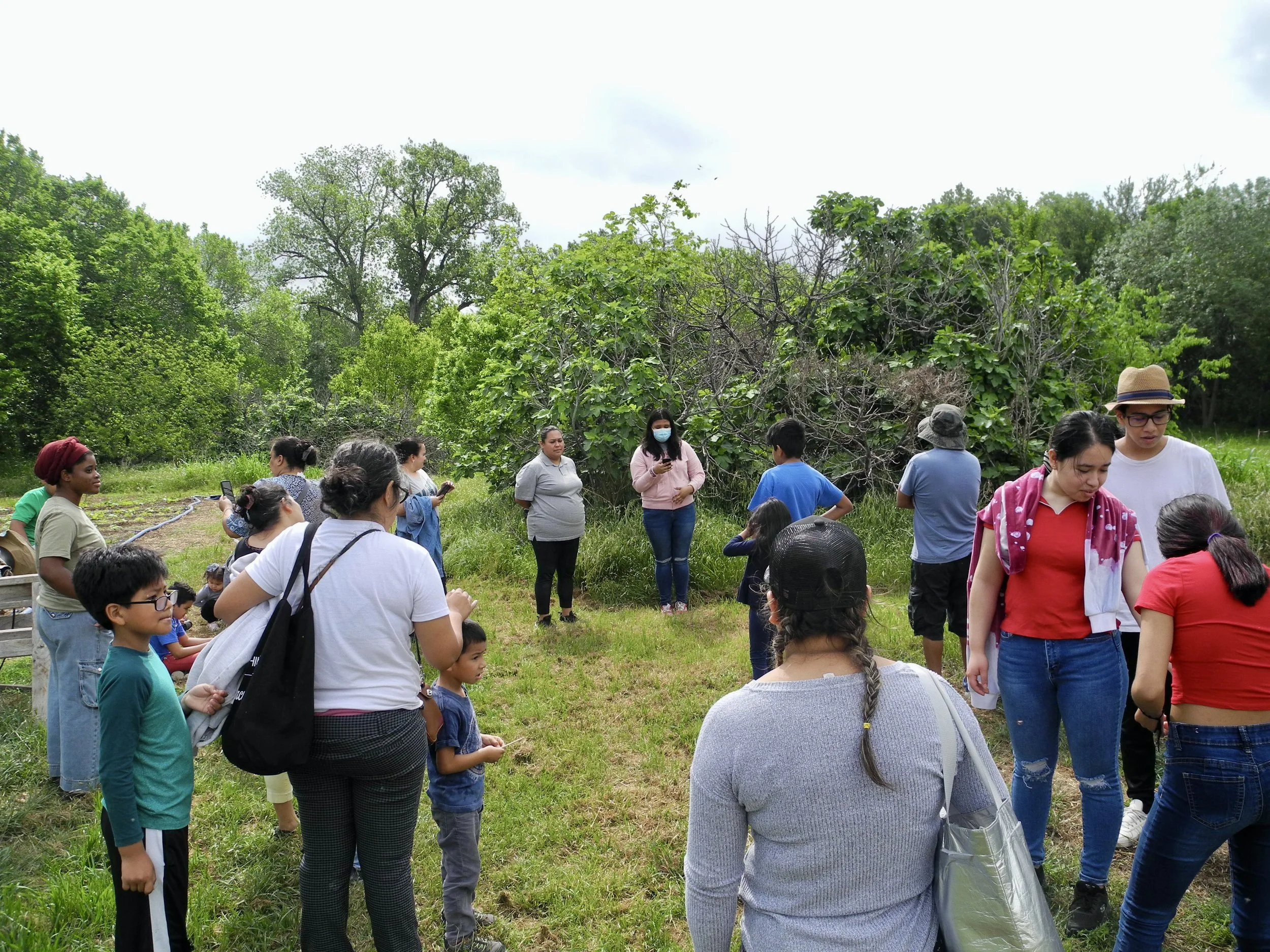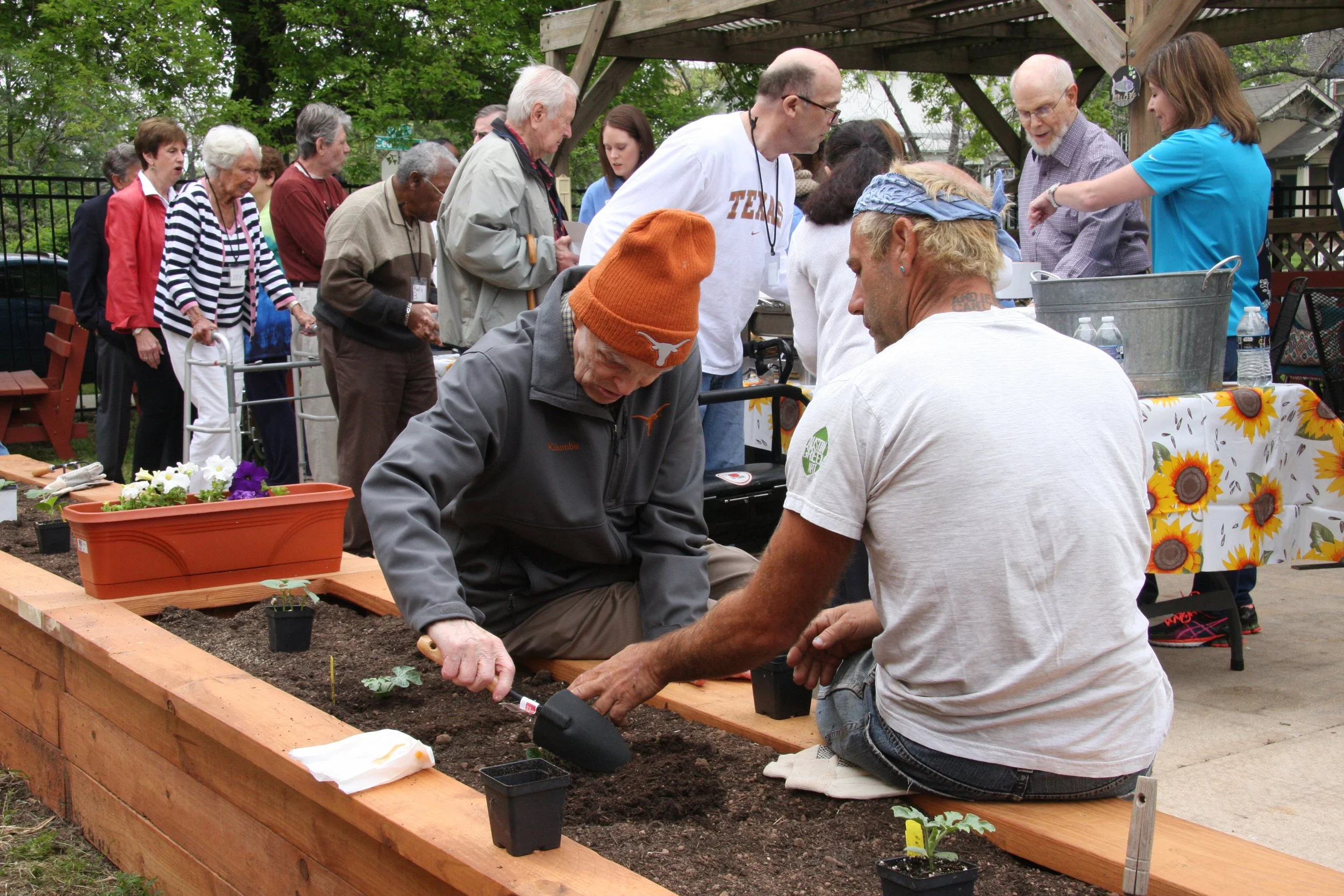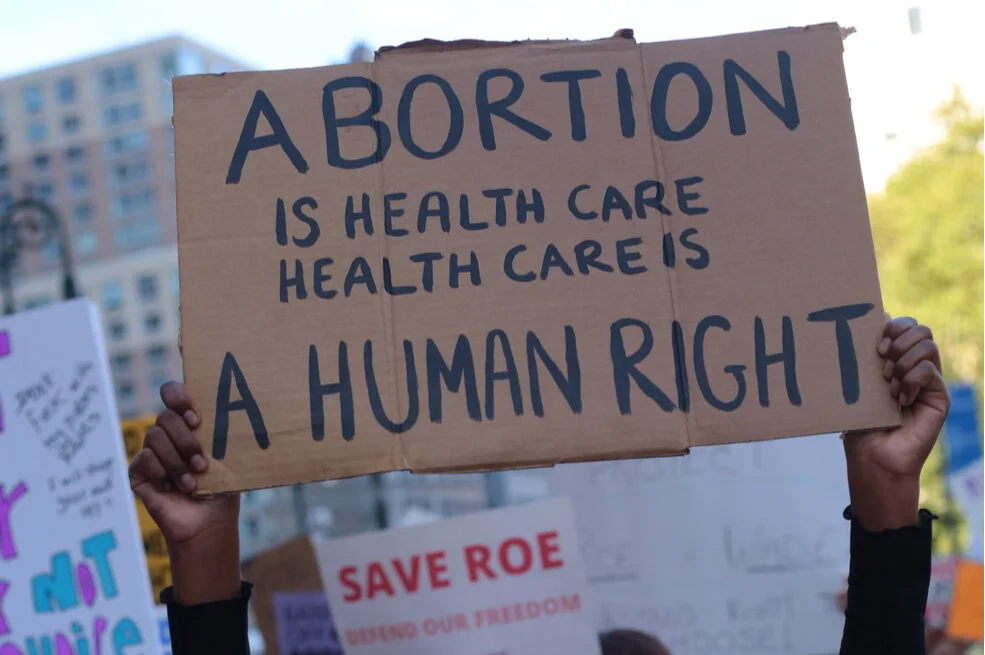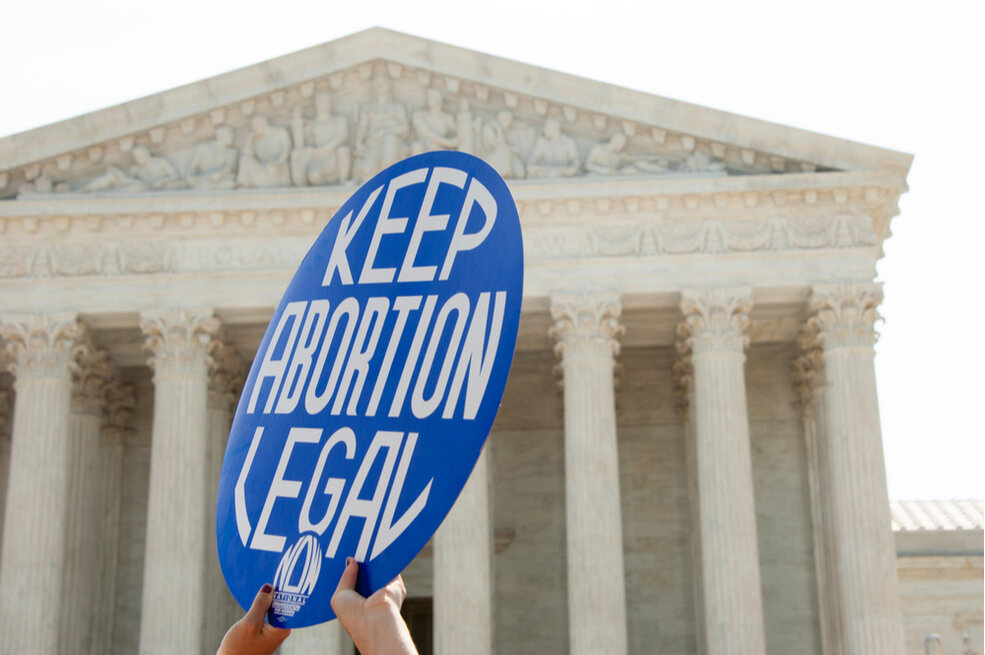More Than Oil Wealth: A Closer Look at Houston's Growing Philanthropy Ecosystem
/Nate Hovee/shutterstock
In a recent post looking at the John P. McGovern Foundation’s $50 million gift to the Houston Zoo, I noted that Charity Navigator ranked the city first in “overall philanthropic culture” a few years ago, thanks in no small part to the city’s energy sector.
The latest example of that is Sue and Lester Smith’s $50 million gift to support Texas Children’s Hospital’s new tower and Texas Children’s Cancer Center. It represents yet another bold commitment from Houston’s philanthropic “old guard,” which has transformed the city’s medical institutions into some of the best in the world.
The Houston Chronicle dubbed Lester Smith, now in his late 70s, “one of the last oilfield wildcatters.” Fred Zeidman, the former chairman of the U.S. Holocaust Museum and Smith’s cousin, called him a “dying breed” that’s “part of that generation not afraid to take risks, not afraid to put his money down and bet he's right that there's oil below.”
But as energy wealth continues to shape the city, Houston is changing. It’s growing rapidly and becoming more ethnically diverse. It’s become a magnet for job seekers and is aggressively attempting to diversify its economic base beyond the energy industry. These factors are changing Houston’s philanthropic profile.
Smith’s generation is welcoming a new crop of philanthropists into its ranks, many of whom earned their riches from outside of the energy sector and whose interests go beyond funding hospitals and supporting medical causes.
I’ll explore this development momentarily. But first, let’s take a closer look at Lester Smith.
“One of Houston’s Fundraising Kings”
Smith is the founder of the private Houston-based Smith Energy Co., which offers oil and gas exploration and production of oil and gas reserves. Considered “an enigma to some in the oil industry,” Smith has been notoriously mum about finances, often deflecting questions about his company's annual profits and net worth.
That being said, there’s a lot we do know about Smith and his philanthropy.
The Houston Chronicle called Lester and Sue a “fun-loving, jet-setting, socialite couple and one of Houston’s kings and queens of fundraising and philanthropy,” and for good reason: The Smiths have donated more than $150 million to Houston-based organizations throughout the years. Previous big gifts include $15 million to the Harris County Hospital District and last year’s $15 million commitment to Holocaust Museum Houston for its expansion.
Much of their giving focuses on healthcare and cancer treatment; Lester is a two-time cancer survivor. The treatment by Baylor College of Medicine doctors prompted Smith to give the Houston medical school $40 million over the past decade, $30 million for breast cancer and $10 million for the urology department. (He even painted one of his West Texas pump jacks pink to honor survivors of breast cancer.)
In 2012, the Smiths headed the Disco Legends benefit that raised $32.2 million for the Texas Children’s Hospital’s pediatric cancer center. The clinic was subsequently named in their honor as the Lester and Sue Smith Clinic.
The couple’s recent $50 million gift to Texas Children’s Hospital’s new tower and Texas Children’s Cancer Center was announced at Texas Children’s Legacy fundraiser in October. The event raked in more than $83 million. In honor of the Smiths’ gift, the hospital will name its 640,000-square-foot expansion the Lester and Sue Smith Legacy Tower.
“Giving to others is our guiding philosophy,” the Smiths said in the release. “There is nothing more precious than a child, and we hope this gift will help support the incomparable patient care for which the hospital is known. It is truly our honor to leave a legacy of support for generations to come at Texas Children’s.”
Elaborating further to Paper City, Smith said, “These children are innocent. They are vulnerable. Fifty percent of the people that come to Texas Children’s are underserved. I cannot stand to see people suffer, especially little children, anybody, even animals. It’s just part of my DNA.”
The other backstory here is the fact that Smith underwent a double lung transplant in 2016. He has recovered, but is realistic about the road ahead, telling the Chronicle, “I have an expiration date. I have a 50 percent chance that my body could reject my lungs in about five years, so I have a clinic working on what can be done when this happens.”
“Until then, I'm going to enjoy life, help those I can, and spend time with my beautiful, wonderful wife, Sue.”
Oil Riches and Medical Philanthropy
Smith made his fortune as a “wildcatter,” an entrepreneur who drills wells in areas not usually known to be oil fields, and it’s worth remembering that the wealth generated across Houston’s energy sector doesn’t solely flow to archetypal J.R. Ewing-esque well operators. As Federal Reserve Bank economist Bill Gilmer noted, Houston’s economy not only involves drilling and exploration, but also downstream industries like refining, finance, and petrochemical production.
This ecosystem makes many people very, very rich.
A 2012 piece in Philanthropy magazine looked at how the fortunes generated by profits from Texas-based energy companies have fueled “some of the most impressive personal giving in the world,” particularly in the development of the world’s largest medical complex, Houston’s Texas Medical Center, whose massive campus, according to some estimates, ranks as the seventh-largest business district in the country.
“The people who founded the Texas Medical Center believed that for Houston to thrive, the city had to have a great medical establishment,” explained Ann Stern, president of the Houston Endowment.
Key Houston-based donors to the center included Anthony Petrello, president and CEO of drilling contractor Nabors Industries, Dan Duncan, the now-deceased chairman and director of Enterprise Products, David Wolff, chairman and President of Wolff Companies, and, quite naturally, Lester Smith.
Also consider the fundraising success of the Houston-based University of Texas MD Anderson Cancer Center, where Lester Smith sits on the Board of Visitors.
In 2006, long before billion-dollar capital campaigns became common, the center announced a campaign to raise $1 billion within six years. The center passed the $1.2 billion mark two years ahead of schedule thanks to donations from Clear Channel co-founder Lowry Mays and his wife Peggy ($20 million), H. Ross Perot ($50 million), and T. Boone Pickens ($50 million). The center received donations of at least $1 million from 127 donors and a total of 630,000 individual gifts.
Other Donors from the Energy Sector
In a recent piece in Forbes, Bill Gilmer wrote that six years after Philanthropy published its piece, Houston continues to dominate the oil industry. “The explanation is simple,” he writes. “Modern Houston is a headquarters city, and the chief technical center for a global oil industry.”
And so, not surprisingly, philanthropists with a foothold in the energy sector continue to give big to local causes. One of the richest families in Texas is the Walter Family, thanks to the wildcatting efforts of Joseph Walter Jr., who founded Houston Oil and Minerals after drilling along the Texas Gulf Coast. Last year, the family made a $101 million donation to the Houston Methodist Hospital.
The Houston-based Laura and John Arnold Foundation was founded with wealth from John’s success as a hedge funder focused on the energy industry. Previously, he had been a trader at Enron. The Arnold Foundation has emerged as one of the more dynamic new foundations of recent years, working across a range of national issues including education, criminal justice reform, and healthcare. The couple also give locally, for food security and other issues.
Another big philanthropist in Houston is oil industry billionaire Rich Kinder (aka the “Warren Buffet of energy”). He and his wife Nancy channel their giving through the Kinder Foundation, which focuses on parks, education, and human services in and around the city.
Parks is a big cause for Houston donors eager to dispel the city’s reputation as a sprawling, car-choked purgatory. The Kinder Foundation has supported projects such as Buffalo Bayou Park, Discovery Green, and the Bayou Greenways 2020 initiative. Back in May, it made the largest single parks grant in the city’s history—$70 million to fast-track upgrades to the Memorial Park Conservatory, Houston’s largest urban park.
A Changing Donor Profile
As Houston continues to enjoy a sustained (and figurative) philanthropic blowout—a “blowout” is the “uncontrolled release of crude oil and/or natural gas from an oil well or gas well”—demographic and economic trends are reshaping the second-fastest growing city in the country.
The Migration Policy Institute called the city “the most diverse, rapidly growing” major U.S. metropolitan area. Houston currently ranks first in Texas and fifth among U.S. cities for daily job openings, thanks, in part, to its status as one of the top metro areas for corporate relocations and expansions. In 2017, Houston welcomed 196 new and expanded corporate facilities. The city is seeing particularly robust growth in the tech, housing, and healthcare sectors.
As a result, Houston’s philanthropic climate is booming and diversifying.
Recent gifts include $25 million from financier Fayez Sarofim and his wife Susan to the Memorial Hermann-Texas Medical Center, $17 million from former Metals Supply Company CEO Andy Diamond and his wife Andrea to fund a University of Houston effort to support its foster care system, and $10 million from title and escrow services executive Stewart Morris, Sr. to Houston Baptist University for the construction of a new building.
Nor, as noted, are Rich and Nancy Kinder alone in their support for improving and expanding the city’s parks. A few months back, real estate executive Robert Clay and his wife Emily—dubbed an “under the radar” philanthropic couple by Paper City—made a $10 million gift to support the Memorial Park Conservancy’s master plan.
The full breadth of Houston’s philanthropic climate was on full display in the aftermath of Hurricane Harvey. Most notably, J.J. Watt’s Hurricane Harvey Relief Fund raised $41.6 million, making it the largest crowdsourced fundraiser in world history, confirming Robert Clay’s argument that “you don't have to be a billionaire” to support Houston.
It’s also worth noting that I’ve been focusing solely on Houston-based patrons and family foundations. The city’s long list of deep-pocketed institutional funders includes the Houston Endowment, the Brown Foundation, John P. McGovern Foundation, the Greater Houston Community Foundation, and International Medical Outreach Inc. (Check out the Chronicle’s list of the city’s top foundations by total giving here.)
Philanthropy’s Limits (and Opportunities)
Houston may be booming, but as with any city, there are some soft spots. For instance, despite all of the city’s built-in advantages—a huge talent pool, low cost of living, affordable housing—its tech scene still lacks the “venture capital-entrepreneurial ecosystem” that Silicon Valley has, according to Chris Bronk, professor of computer science at the University of Houston.
Houston isn’t alone. The entire state of Texas has struggled when it comes to attracting venture capital. A recent piece in Bloomberg attributes this, in part, to the state’s “big-corporation-oriented economy.” Texas universities, according to venture capitalist Kevin Stevens, tend to steer their best students toward jobs at American Airlines, Dell or Exxon Mobil, not to new companies.
Some funders are looking to change this dynamic. Hewlett Packard Enterprise, for instance, recently gave $10 million to endow a scholarship fund at the University of Houston to enhance research activities at its Data Science Institute.
Economists also point to Houston Exponential, a new nonprofit designed to accelerate startup growth, as a contributor to the city’s post-Harvey economic recovery and surging employment opportunities. Corporations such as Chevron Corp., Royal Dutch Shell, and Quanta Services have provided a majority of the initiative’s funding thus far.
Civic-minded funders will also likely keep an eye on how Houston’s evolution influences residents’ thoughts on issues like social cohesion, diversity, and economic disparity. Rice University’s Kinder Institute for Urban Research recently published a piece on this topic, arguing that Houston’s “often touted diversity is a layered, complicated story still being written.” (The institute was created and endowed with a $15 million gift from Richard and Nancy Kinder in 2010.)
Despite the significant economic and demographic shifts taking place in Houston, some things, like the Smiths’ giving, won’t change anytime soon.
“I love giving away money,” Lester Smith recently told Paper City. “That’s the only reason I work is to make more money to give more money away. And it just seems that the more money I make and the more I give away, the more money I make.
“I don’t understand it, but I like it.”







































